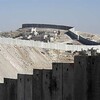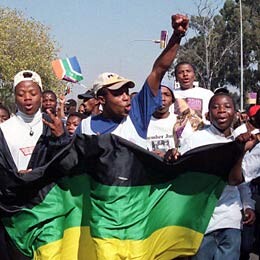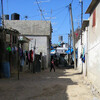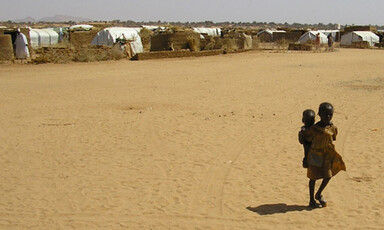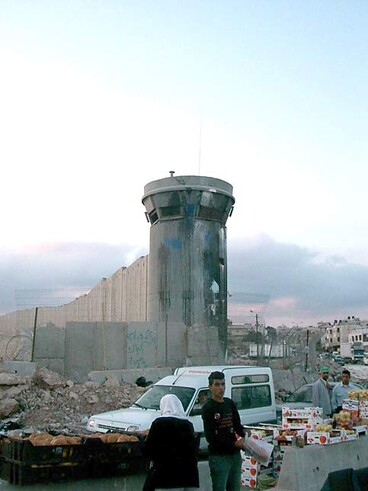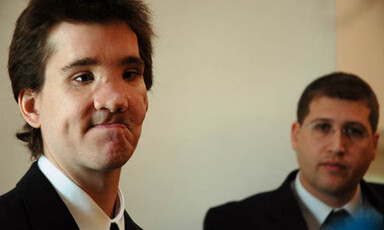
Brian Avery's day in Israel's Supreme Court
28 February 2005
On 5 April 2003, in the West Bank city of Jenin, Israeli troops fired at Brian and another ISM volunteer from an armored personnel carrier (APC). They were standing still, wearing bright red medic vests with their hands over their heads, when soldiers opened fire without any warning shots. Brian suffered serious damage to the entire left side of his face, jaw, mouth, teeth, nose, and eyes. He has undergone more than six reconstructive surgeries totaling over $1,000,000 in medical expenses. Two years later, Brian has returned to Israel to demand a criminal investigation be opened into the shooting, after an internal military inquiry found that the incident in which Brian was shot, never occurred. Read more about Brian Avery's day in Israel's Supreme Court

